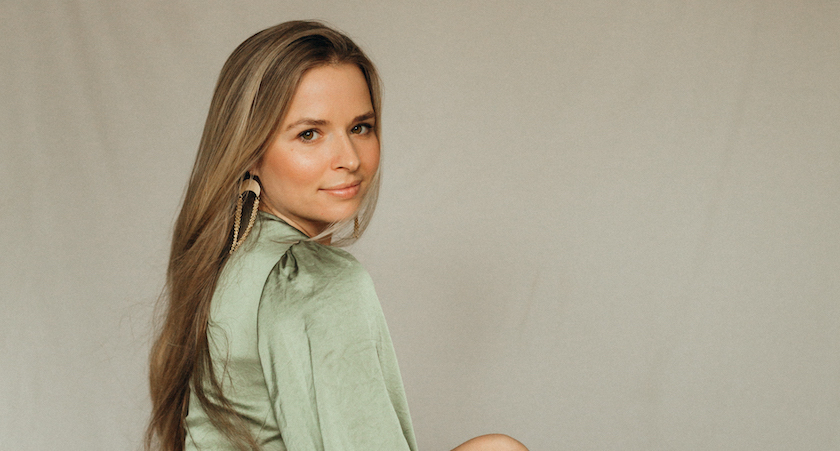Rising Woman founder Sheleana Aiyana discusses how a spiritual awakening led her on a journey to self-acceptance and how her relationships have evolved along the way.
A conscious couple starts with a conscious individual. This is something that Sheleana Aiyana, founder and visionary of Rising Woman, found out the hard way. After a painful divorce in her early 20s, she was awakened to the traumas in her childhood which contributed to the total breakdown of her relationship. Since then, Sheleana has been committed to her own emotional development so that she can be better serve herself and others. Sheleana is now happily re-married and practises consciousness to make sure it stays that way.
Growing up in and out of foster homes, and without a father-figure present in her life, Sheleana admits that for too long she had no idea what a healthy relationship even looked like, let alone how to be a part of one. This led to a string of interactions with “unsafe partners” before finally letting go of the pain she had long suppressed.
As part of her spiritual transformation, Sheleana initially sought the guidance of a mentor to help resolve her abandonment issues. She was taught how to use inner child, shadow, and ancestral work to reconnect with the damaged parts of herself. Armed with the proper psychological tools, Sheleana was soon able to find peace and reclaim control over her life.
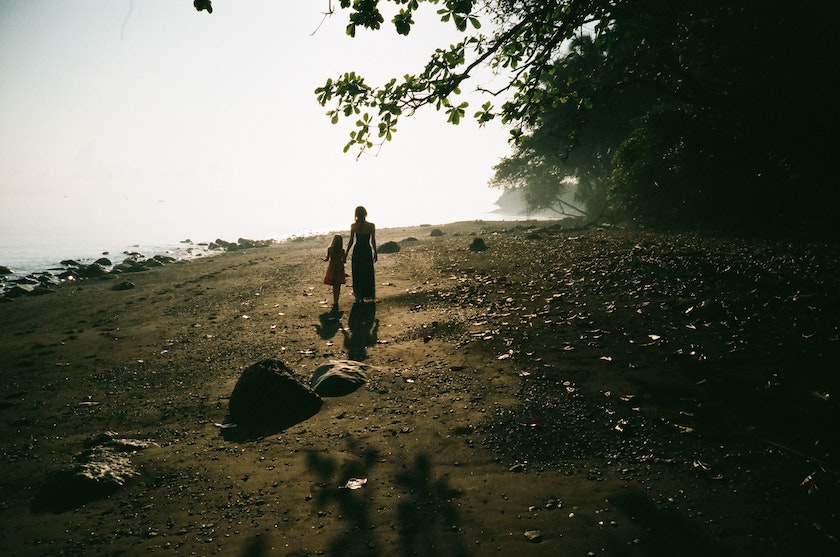
We are each responsible for our own happiness
After spending four years as an apprentice in transpersonal group-work containers and depth psychology, Sheleana now co-facilitates women’s groups and relationship workshops to help get others on the right track. She is trained in imago couples’ facilitation, tantra, couples work, somatic healing, and is even certified as a full-spectrum birth doula.
Her philosophy is that all relationships must start with the self before they can be extended out to include another. It is only after building a strong foundation of self-acceptance that we can bring someone else into our lives. By piecing together the broken parts of ourselves, we come to realise that we were whole all along, and did not need to be completed by anyone else.
This means that we are each responsible for our own happiness in a relationship – and it does not always have to be romantic. Platonic and professional relationships function in very much the same way. This is called being in a “conscious relationship”.
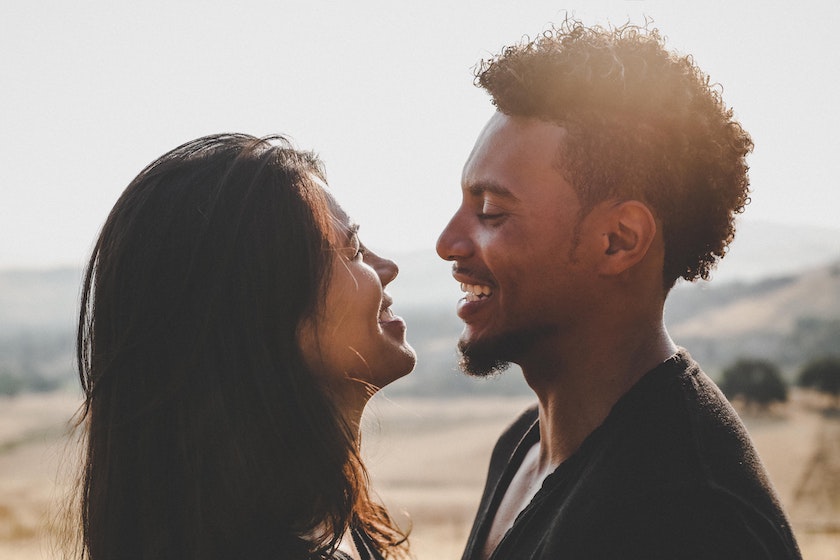
Sheleana explains, “Being conscious in a relationship is not a whole lot different than a conventional relationship other than the fact that we no longer see our partner as somebody who is designed to meet all of our needs.” They are there instead as a “partner in life and as an ally in healing … but also act as our spiritual teacher”.
By recognising a partner as an individual, and by supporting their individuality, it becomes possible to ease the burden of responsibility in a relationship. Sheleana suggests we are each responsible for our own emotional needs. Rather than depending solely on a partner to provide a particular feeling – be it happiness, or love, or a sense of worth – all of this you can (and should) provide for yourself.
But this doesn’t mean to say we shouldn’t expect a partner to provide these feelings for us. Rather, it is our responsibility to ensure our own needs are met before giving to another. This helps liberate couples from the unrealistic expectations held in society that they must ‘complete’ one another.
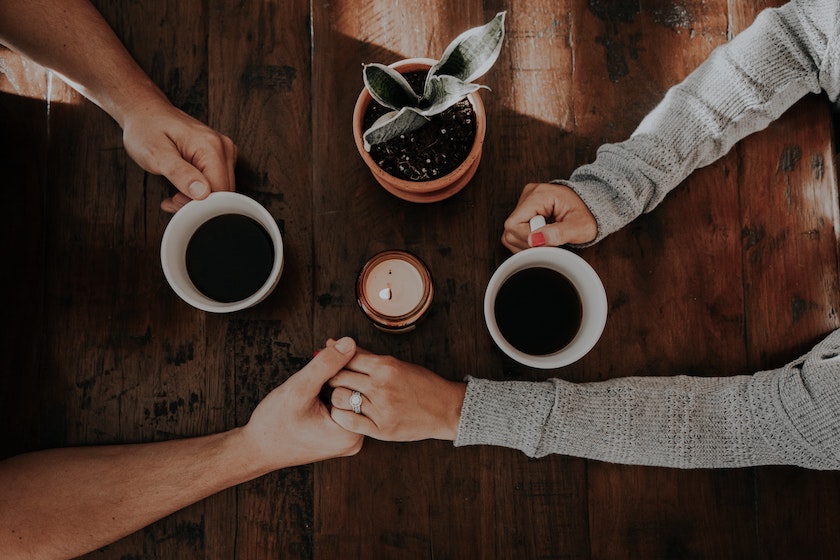
Sheleana uses an argument with her husband as an example of how to practice consciousness. When he “triggers something in me, that’s my opportunity to bring it in a vulnerable way and to invite him to do a healing process with me, or for me to take space to go and process that in myself.” Whereas in a conventional relationship, “If my husband triggers me then there’s something he did wrong and there’s something he needs to do in order to fix me so that I can feel better”.
A fundamental part of practicing relationship consciousness is to witness your own thoughts and behaviour and try to understand where it comes from. If your reactions are rooted in trauma, then it is important to recognise and reflect on them from another perspective so that they can be unlearnt. This is because unresolved trauma can lead to co-dependent relationships.
A co-dependent relationship is a type of dysfunctional relationship where one person doesn’t have self-sufficiency or autonomy. This often translates to one partner taking advantage of the other and is not good for either.
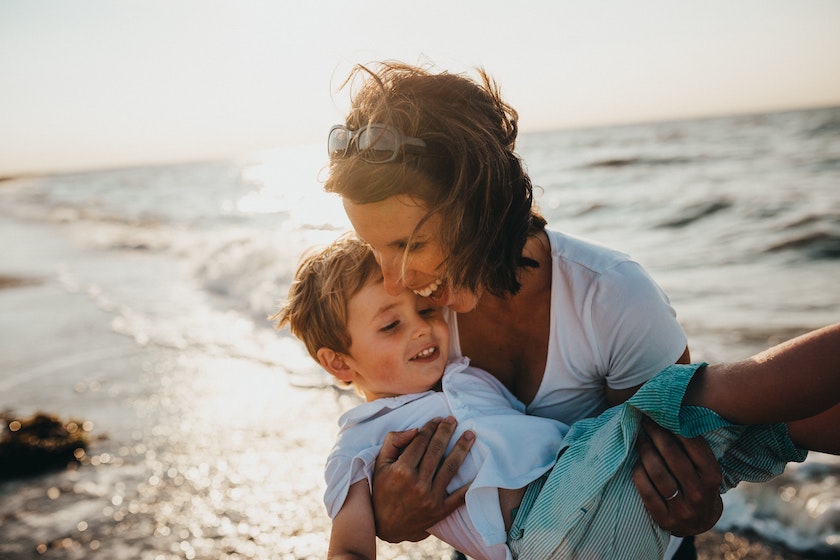
We’re not responsible for saving other people
The family systems we were exposed to as children taught us how to form and maintain bonds as adults. While some were able to develop healthy attachments to their caretakers, others might have learned co-dependency as a result of emotional or physical neglect. This can lead to attachment and abandonment issues in adult relationships.
Relationship consciousness actively works against co-dependency by dismantling the patterns of caretaking. Co-dependent people learn to put the wants and needs of others ahead of their own and sacrifice their own feelings in order to maintain these relationships. This is especially problematic in cases where the partner is abusive or suffering from an addiction. Independent people, however, know that it is not selfish to prioritise themselves before others.
Sheleana asserts, “We’re not responsible for saving other people.” Rather, “One of the most beautiful gifts we can give people when they are suffering … is to remind them of their own power” and capacity to heal on their own. To withhold this gift would be to withhold the catalyst for change.
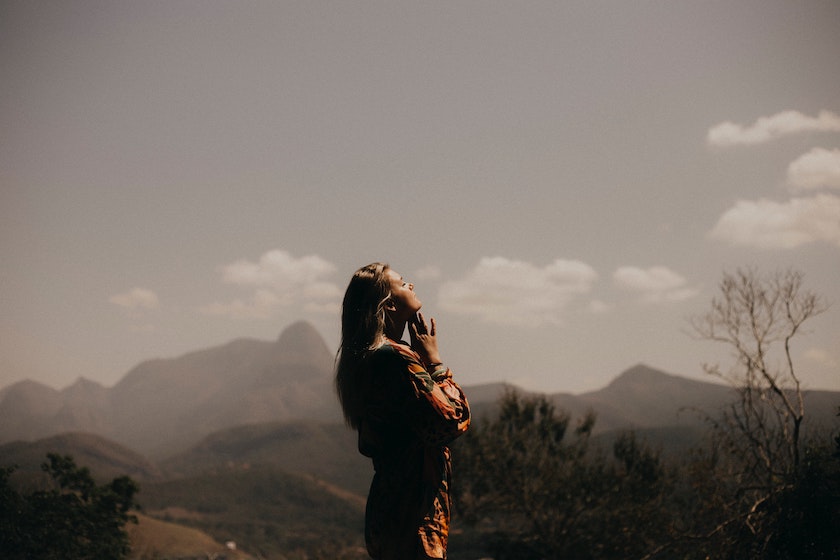
It is possible to provide support to others while maintaining strong boundaries with ourselves. Sheleana says, “This isn’t to say that we don’t want to support people if they’re struggling” but that we need to “put our care and our own primary needs at the forefront as well, otherwise we’re just self-abandoning.” While it may seem selfless, it is actually a destructive coping mechanism to fixate on someone else’s problems and disregard your own.
According to Sheleana, “That’s a great way to distract from our own emotions. If I’m so focused on saving someone, I don’t have to think about my own my own trauma or my own feelings of unworthiness”.
By identifying our own boundaries and setting them firmly with others, we choose not to self-abandon. It is important that we stand up for ourselves. For example, “If we have plans and then we just cancel them because somebody that we are romantically interested in is inviting us out on a date and we just ditch all of our friends,” then we are self-abandoning by prioritising someone else.
It is important to determine what red flags to look out for in a relationship. Setting hard lines make it easier to identify and leave toxic behaviour which might have been normalised in the past. But Sheleana stresses the difference between an unhappy relationship and an abusive one. She says, “In our culture we tend to leave a relationship too early because we’re looking for perfection.” While abuse should never be tolerated, continued bickering and arguments might just be a result of poor communication. Sometimes a couple must learn how to emotionally re-connect with each other before walking away.

Speaking of how she entered her current relationship, Sheleana says, “We wrote lists, we revealed our traumas to each other, we shared life stories, we qualified what kind of relationship we wanted to build, what we needed, what we were afraid of, and the things that we still need to work on within ourselves. We sat in front of each other and asked, ‘Are you ready to do this work?’ and we both agreed.” This intensive process allowed them to locate and establish other’s boundaries; they started to become ‘conscious’.
Today, more than a decade has passed since Sheleana began spiritual seeking and she uses her relationship experience and knowledge to help guide others. Her uplifting book, Becoming the One, explores her own journey to self-acceptance and reveals how to transform pain into power.
Watch the full interview below or on our YouTube channel.



